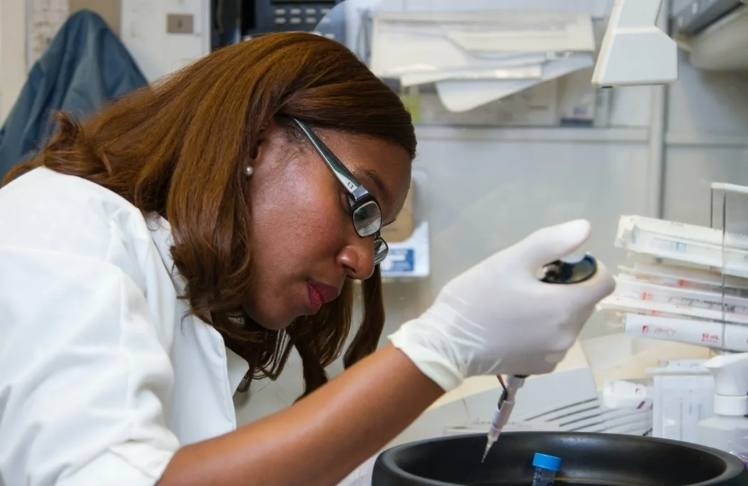
Data show the HIV epidemic affects Black women at strikingly high rates, but Black women working in public health still struggle to access funds for prevention and treatment.
Closing that HIV funding gap is one of the goals of ViiV Healthcare — a pharmaceutical company that creates medicines and treatments for people living with HIV. It’s tackling the issue by investing $8 million into Black women-led organizations around the country seeking to transform care related to the virus.
Marc Meachem, head of external affairs for North America at ViiV, calls the fund “critical.”
“We ask [community-based organizations] to solve our biggest problems in society, and we expect them to do it on a shoestring budget,” Meachem told Word In Black in a video interview. “But venture capital for a unicorn idea, they raise a hundred million dollars for the latest whatever.”
ViiV’s overall goal for the fund is to reach 10,000 Black women through 17 grantee organizations.
These Black women-led groups are already working in their communities to help people connect with information and navigate HIV care and services, but the funding provides them with a boost to help end the epidemic.
“One out of five Black women who get an HIV diagnosis will actually be diagnosed with AIDS,” Meachem says. “And it just doesn’t have to be that way. It shouldn’t be that way.”
Black cisgender and trans women account for 60% and 46% of new diagnoses among women in their groups. Disparities such as these have existed among Black women since the virus was discovered in the 1980s.
Meachem says part of the problem is that HIV has long been painted mainly as an issue for white, gay men.
“Many of these women, when they get an HIV diagnosis, they are shocked because they really felt that this is not something that they should ever have to think about, worry about, [or] consider — that this wouldn’t happen to them,” he says.
The funding initiative by ViiV seeks to interrupt this narrative.
Black Ladies In Public Health — a network of 15,000 Black women public health officials — was awarded one of the grants and plans to use it to start conversations about HIV on HBCU campuses.
Dr. Jasmine Ward, the organization’s executive director and a graduate of Tuskegee University, says they’re going to bring up to 25 students to her alma mater during spring break to engage with HIV professionals.
“We have some [Black women] who will be coming in who have been working in this space and who are public health experts in communication who will be there to help shape their experiences in doing this work,” Ward told Word In Black in a video interview.
The students will further the conversation by hosting “kickbacks” on their college campuses, where they’ll share information about HIV with peers in a casual setting.
“We really want them to come up with what they can see for their campuses,” Ward says. “They know the parties. They know the step shows. They know the dorms. They know the classes that everybody loves. They know the professors.”
The participants will be awarded mini-grants to implement their projects, and they’ll use ViiV’s “Risks to Reasons” framework as a guide.
“This is what we’re going to need to do if we expect [HIV] to be something that girls can talk about as they’re sitting around on a Friday after class in an apartment,” Ward says.















